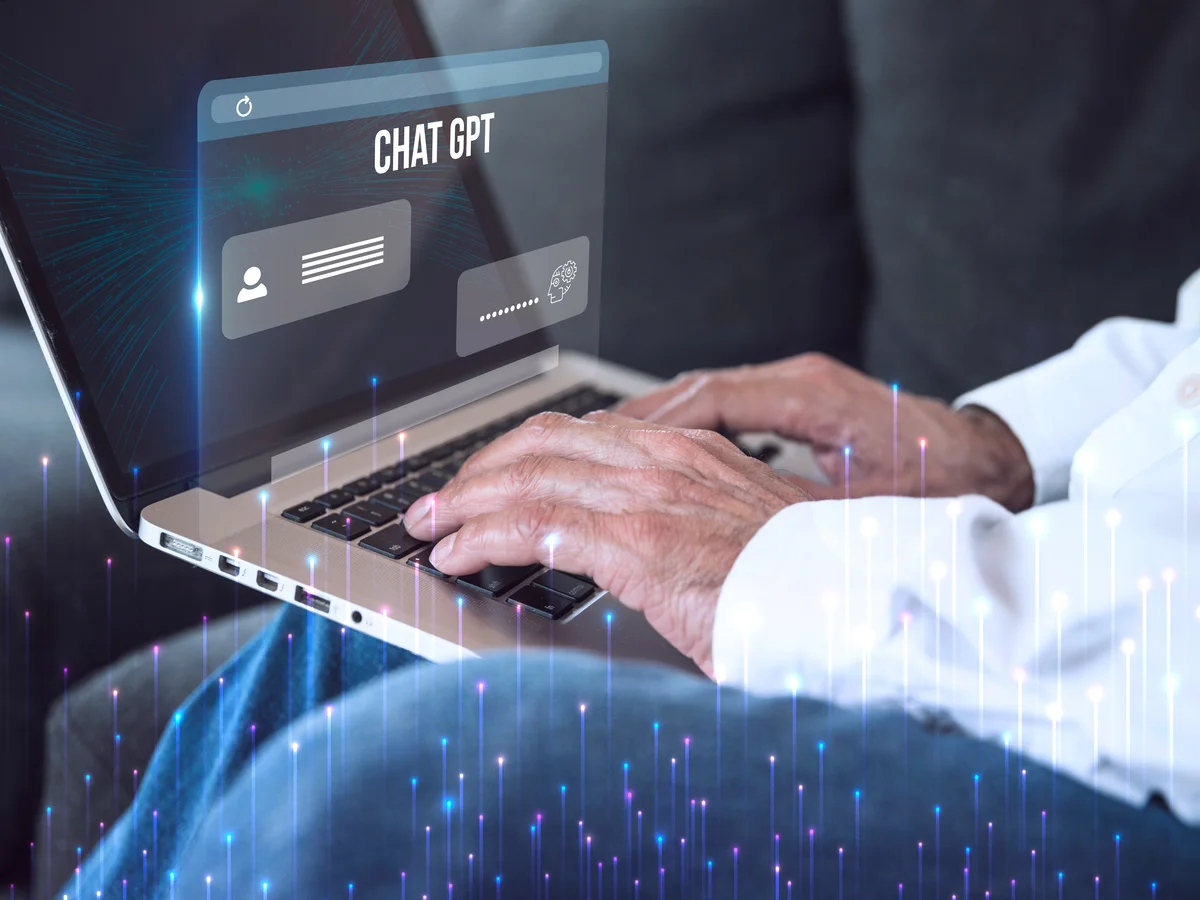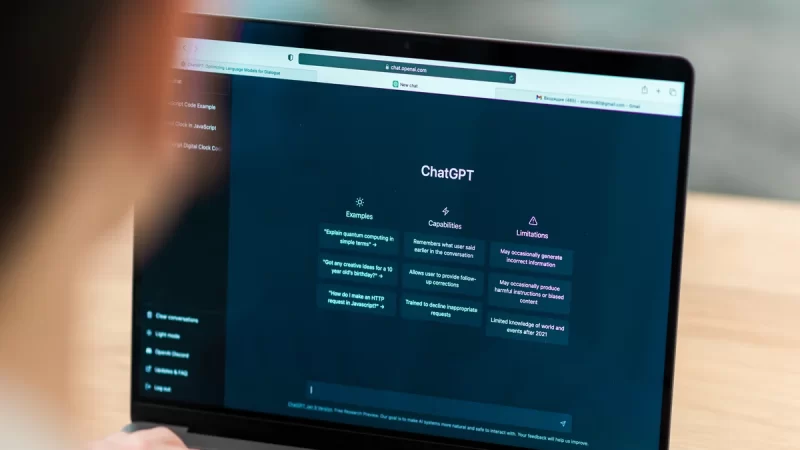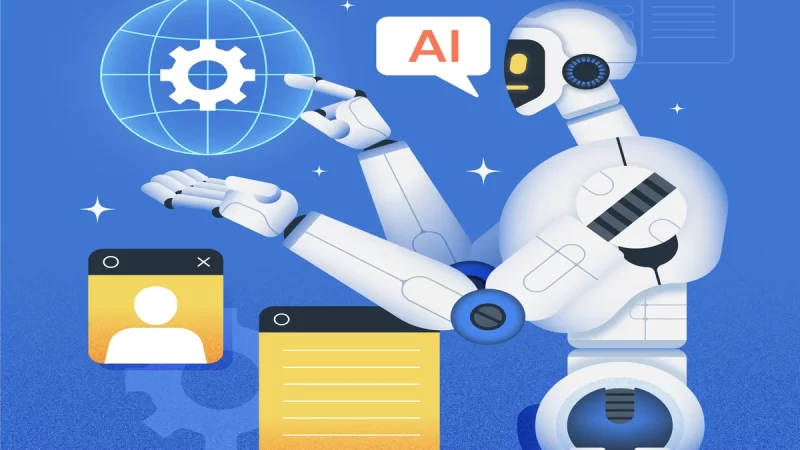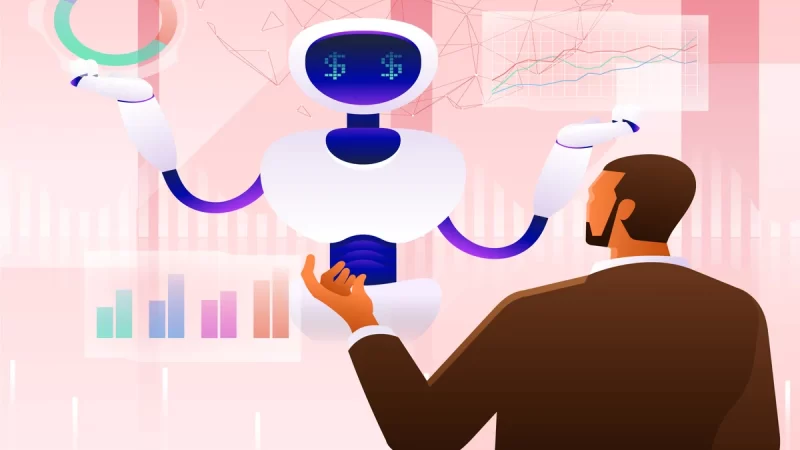ChatGPT Alpha Amid OpenAI’s Error Resolution Efforts: What You Need To Know?

Artificial intelligence, particularly language models like ChatGPT Alpha developed by OpenAI, has significantly advanced in recent years. However, these systems are not infallible and can generate errors or inaccuracies. OpenAI acknowledges this and continually endeavors to improve its models, including ChatGPT Alpha, by implementing error resolution efforts.
What Are AI Errors?
AI-generated errors can stem from various sources. Sometimes, they result from inherent biases present in the training data, while other times, they occur due to limitations in the model architecture itself. Language models like ChatGPT Alpha learn from vast amounts of text available on the internet, and despite efforts to curate diverse and representative data, biases and inaccuracies can persist.
OpenAI’s Commitment to Error Resolution
OpenAI is deeply committed to addressing these issues. They have established dedicated teams focused on error detection, analysis, and resolution. These teams employ a multi-faceted approach to identify and rectify errors, working tirelessly to improve the accuracy and reliability of AI-generated content.
Error Resolution Techniques
OpenAI utilizes several strategies to tackle errors in its AI models:
- Continuous Monitoring: The models are constantly monitored to identify patterns of errors or biases. Real-time feedback helps in swiftly recognizing and addressing issues as they arise.
- Data Diversification: OpenAI continuously enriches the training data by sourcing information from a wide array of diverse and reputable sources. This diversification aims to mitigate biases and inaccuracies present in the model.
- Human-in-the-Loop Intervention: Human reviewers play a crucial role in error detection and correction. They evaluate model outputs, flag potential errors, and provide corrective feedback, aiding in refining the model’s performance.
- Fine-Tuning and Model Updates: OpenAI regularly conducts fine-tuning exercises and updates to enhance the model’s accuracy. These updates encompass improvements in language understanding, context handling, and bias mitigation.
Challenges in Error Resolution
Despite these efforts, addressing AI-generated errors remains a complex task. Some challenges include:
- Scale: Managing and analyzing the vast amount of data required for error resolution can be daunting.
- Dynamic Nature of Language: Language is dynamic and evolves rapidly. Keeping up with these changes to ensure accurate predictions and responses is a continuous challenge.
- Ethical Considerations: Balancing between freedom of expression and preventing harmful or biased content poses ethical dilemmas in error resolution.
User Involvement and Transparency
OpenAI values user input and actively encourages the community to report errors or biases they encounter while interacting with ChatGPT Alpha. Transparency is key, and OpenAI regularly communicates its error resolution efforts, updates, and progress to users and stakeholders.
Key Takeaways
As AI technology evolves, addressing errors and biases in AI-generated content remains an ongoing pursuit. OpenAI’s commitment to error resolution, through continuous monitoring, data diversification, human-in-the-loop intervention, and regular model updates, underscores their dedication to improving the reliability and accuracy of AI models like ChatGPT Alpha. Collaboration between AI researchers, developers, and users is crucial in this journey towards more responsible and trustworthy AI systems.
FAQs:
AI-generated errors refer to inaccuracies, biases, or mistakes produced by artificial intelligence systems like ChatGPT Alpha. These errors can arise due to biases in training data, limitations in model architecture, or the evolving nature of language.
OpenAI employs various strategies, including continuous monitoring, data diversification, human-in-the-loop intervention, and regular model updates. These efforts aim to detect, analyze, and resolve errors to improve the accuracy and reliability of AI-generated content.
Human reviewers play a critical role in error detection and correction. They evaluate model outputs, identify potential errors or biases, and provide feedback, aiding in refining the AI model’s performance.
Challenges include managing vast amounts of data, adapting to the dynamic nature of language, and navigating ethical considerations surrounding content moderation and bias mitigation.
OpenAI encourages users to report errors, biases, or inaccuracies they encounter while interacting with AI models like ChatGPT Alpha. User feedback is valuable in improving model performance and addressing potential issues.







